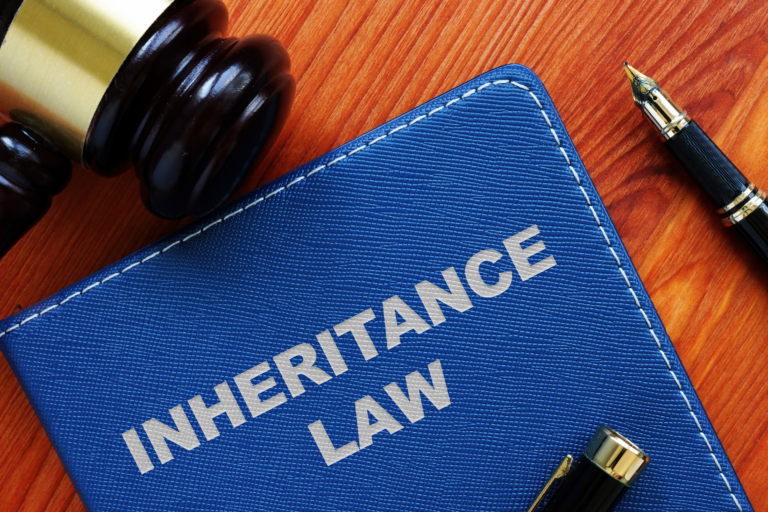If you are a beneficiary of a will in Florida, you may wonder if you can also be the personal representative in Florida probate. The answer is yes, you can, as long as you meet certain requirements.
Below, we will explain what a personal representative is, what their duties are, and how to become one if you are a beneficiary.
What is a Personal Representative?
A personal representative is a person who is appointed by the court to administer the estate of a deceased person. The personal representative is responsible for collecting the assets, paying the estate’s debts and taxes, and distributing the remaining assets to the beneficiaries according to the will or the law, if there is no will.
What are the Duties of a Personal Representative in Florida Probate?
A personal representative has many duties, including:
- Opening the probate case
- Notifying the estate’s beneficiaries and creditors
- Inventorying and appraising the estate’s assets
- Paying all valid creditor claims
- Paying the estate’s taxes
- Distributing the assets to the beneficiaries
- Closing the estate and filing a final accounting with the court
A personal representative must act in the best interest of the estate and the beneficiaries and follow the instructions of the decedent’s will. They must also act with honesty, diligence, prudence, and avoid any conflicts of interest or self-dealing.
Do Personal Representatives Need to Hire a Probate Attorney?
Whether a personal representative needs to hire a probate attorney depends on the type of probate administration, the size and complexity of the estate, the existence of a valid will, and the potential for disputes among the beneficiaries.
In some cases, hiring a probate attorney is mandatory in Florida. The law requires that a personal representative be represented by an attorney in formal probate proceedings, which are usually required when the estate is large, complex, or contested, or when there is no valid will.
In other cases, hiring a probate attorney is not mandatory; however, it is still advisable, as the probate process may involve some challenges or complications that require legal expertise and assistance.
How to Become a Personal Representative in Florida Probate If You Are a Beneficiary
If you are a beneficiary of a will in Florida, you can become the personal representative in the probate case if:
- The will names you as the personal representative, or
- The will does not name a personal representative, or the named personal representative is unable or unwilling to serve, and you have the consent of the majority of the beneficiaries, or
- There is no will, and you are the closest living relative of the decedent, or you have the consent of the majority of the heirs.
In addition, you must also meet the following requirements to be a personal representative in Florida probate:
- You must be at least 18 years old
- You must be a Florida resident, or a spouse, sibling, parent, child, or other close relative of the decedent
- You must not have been convicted of a felony
- You must be mentally and physically capable of performing the duties
If you meet these requirements, you can file a petition with the court to be appointed as the personal representative. The court will then issue letters of administration, which are documents that authorize you to act as the personal representative.
We Can Help You
If you are a beneficiary who wants to be a personal representative in Florida probate, we can help you.
At Jurado & Associates, P.A., we handle probate and estate planning matters, and we have the experience to help you with your Florida probate case.
We can guide you through the entire process and ensure that your rights and interests are protected.
We can also help you handle any complications that arise during the probate process, such as disputes or delays.
If you want to learn more about how we can help you, please do not hesitate to contact us today.
You can reach us by phone at (305) 921-0976, by email at [email protected], or by WhatsApp at +1 (305) 921-0976.






